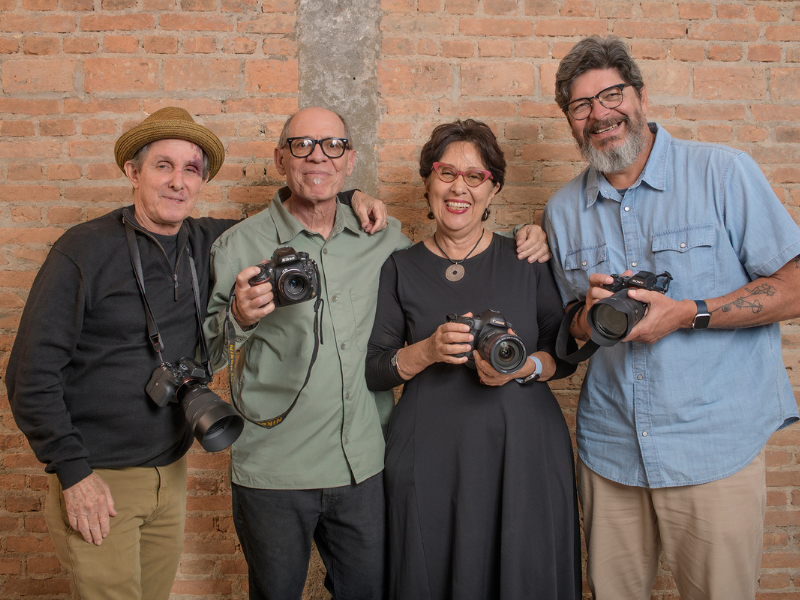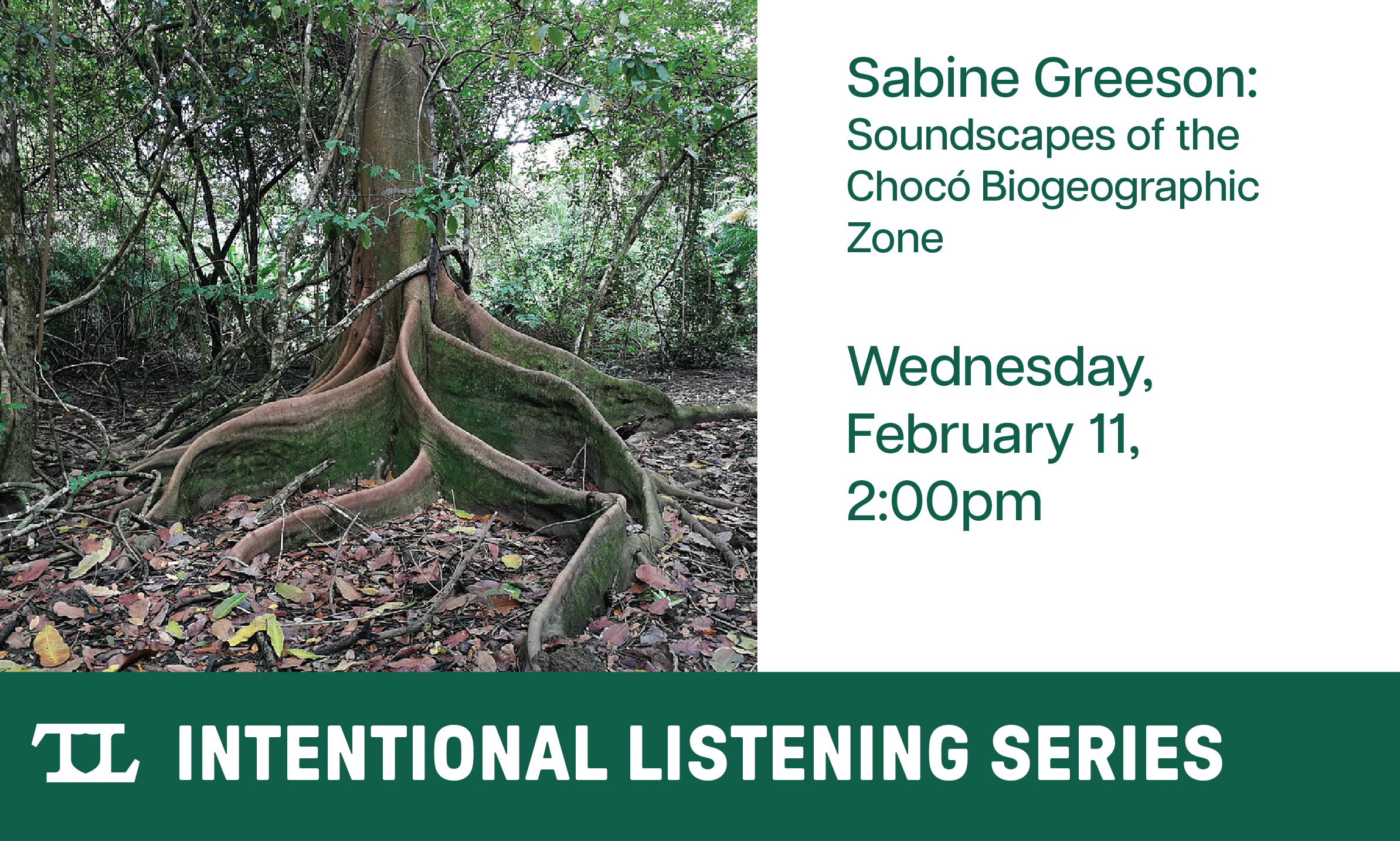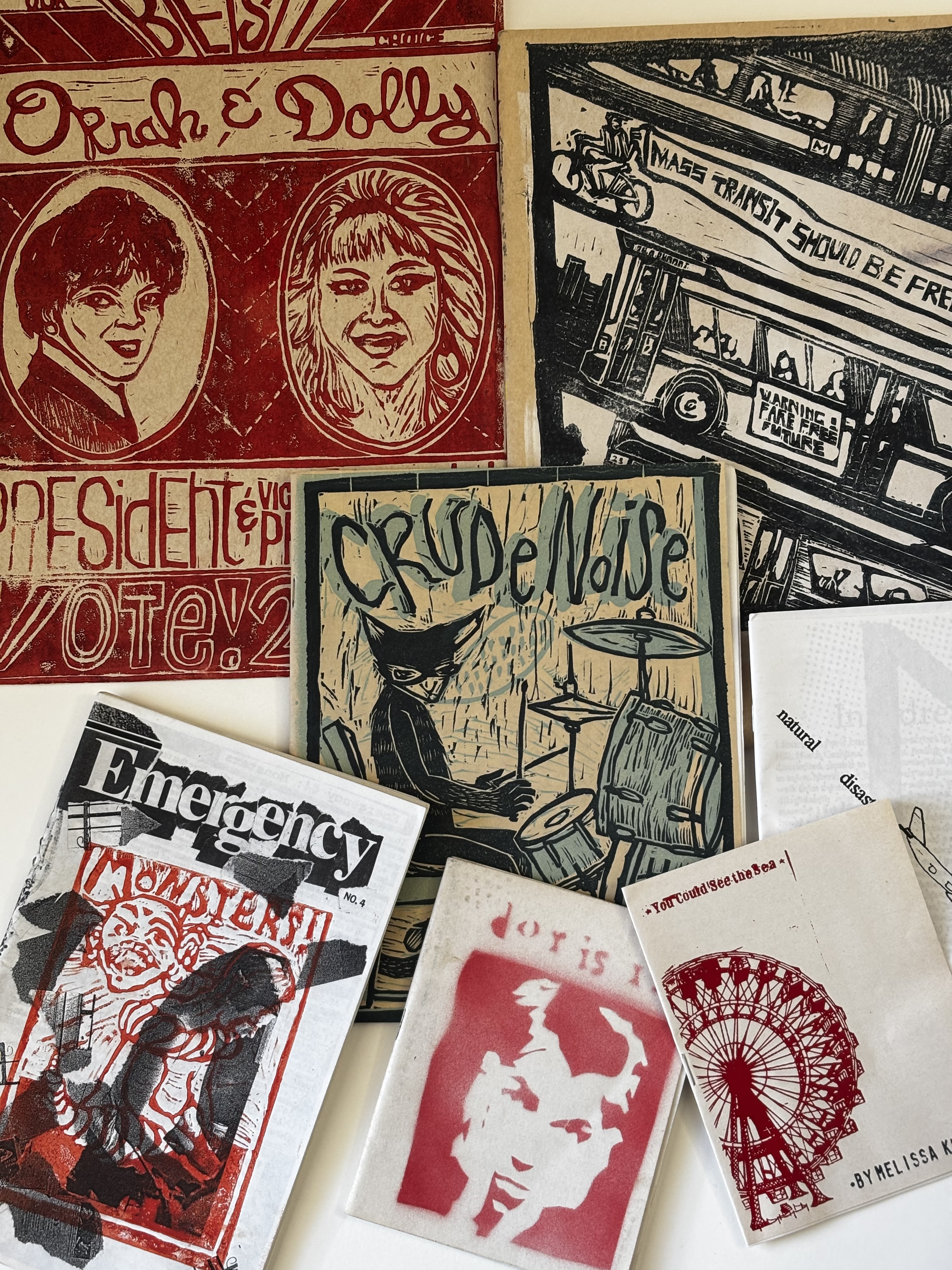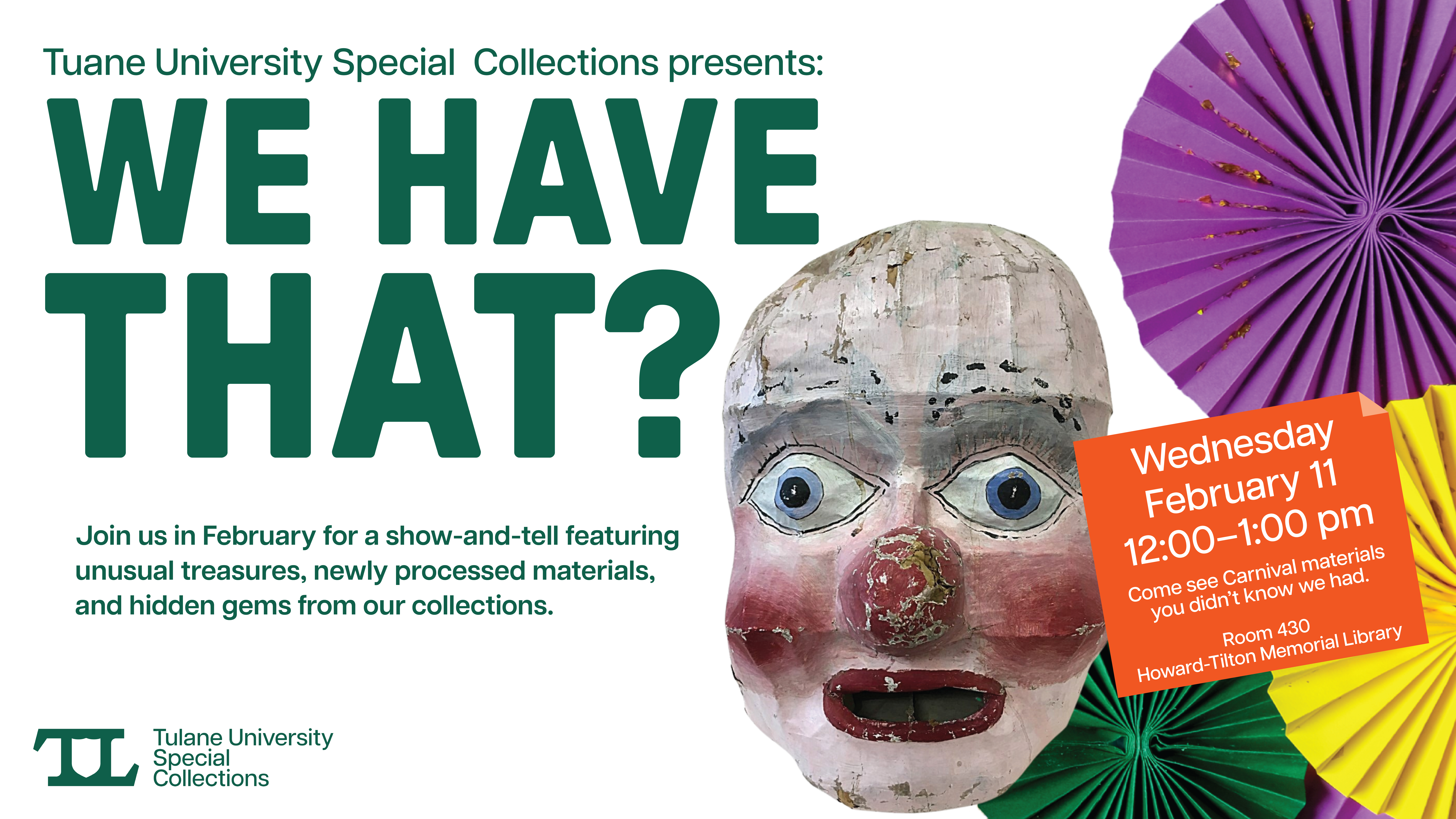Transformative Lenses: Four Contemporary Brazilian Photographers
Published

During the 2025–2026 academic year, the Doris Z. Stone Latin American Library and Research Center at Tulane University will host Transformative Lenses: Four Contemporary Brazilian Photographers, an exhibition and series of events celebrating the work of internationally acclaimed photographers Rogério Assis, João Farkas, Rosa Gauditano, and Edu Simões. Together, their projects explore Brazil’s cultural traditions, environmental challenges, social justice movements, and Indigenous resilience, offering powerful perspectives on a country both richly varied and deeply complex.
The exhibition will open with a reception on Thursday, September 18, from 5:00 to 7:00 p.m. on the library’s fourth floor. Alongside photographs, visitors will also encounter rare books, maps, and other materials from Tulane’s special collections, featuring Brazilian iconography from the 16th to the 20th century. This juxtaposition highlights the long arc of visual culture in Brazil, situating contemporary photography within a broader historical frame.
The following afternoon, Friday, September 19, from 2:00 to 3:30 p.m., the Doris Stone LAL and Research Center will host a Conversation with photographers Rogério Assis, João Farkas, Edu Simões, and special guest Ângela Berlinde moderated by Professor Christopher Dunn. The discussion, held in English and Portuguese with English translation, offers a unique opportunity for students, faculty, and the New Orleans community to learn more from the photographers about their work and to engage in conversation with the photographers. The discussion will take place in the Doris Stone LAL's seminar room on the fourth floor of the library and on zoom: https://tulane.zoom.us/j/94279421903
The four featured photographers each bring a distinct vision:
- Rogério Assis (b. 1965, Belém) has dedicated his career to documenting Indigenous cultures, traditional communities, and the Amazon environment. His work, blending journalism with poetics, explores themes of cultural resilience, environmental threat, and memory. Acclaimed projects such as ZO’É and Esse Rio É Minha Rua embody his commitment to ethically grounded storytelling and environmental advocacy.
- João Farkas (b. 1955, São Paulo), part of a pioneering family of Brazilian photographers, is renowned for his vivid, color-rich images of Brazilian landscapes, festivals, and traditions. His work, including Amazônia Ocupada and his Carnival series, balances documentary practice with cultural preservation, ensuring endangered traditions are seen and remembered.
- Rosa Gauditano (b. 1955, São Paulo) has chronicled Brazil’s social justice movements since the late 1970s, capturing grassroots struggles for democracy, gender equality, racial justice, and Indigenous rights. Her landmark series A Mesma Luta documents the convergence of activists during the dictatorship, offering an invaluable archive of Brazil’s resistance movements.
- Edu Simões (b. 1956, São Paulo) has spent five decades using photography as a tool for activism and cultural memory. His portraits of young Black Brazilians (59 – Retratos da Juventude Negra Brasileira) challenge racism while celebrating dignity and individuality. With awards like the Vladimir Herzog Prize and the Marc Ferrez Photography Prize, Simões continues to focus on Indigenous rights, racial inequality, and environmental justice.
Through their lenses, these artists offer not only striking visual narratives but also urgent commentaries on Brazil’s environment, politics, and people.
All events are free and open to the public, sponsored by Spas and Bruce Christian and Kathleen Christian, with additional support from the Newcomb Art Department and the Department of Spanish and Portuguese. We warmly invite Tulane faculty, students, and staff, and members of the broader New Orleans community to join us in exploring this remarkable exhibition.
The exhibition will be on view through May 2026.


